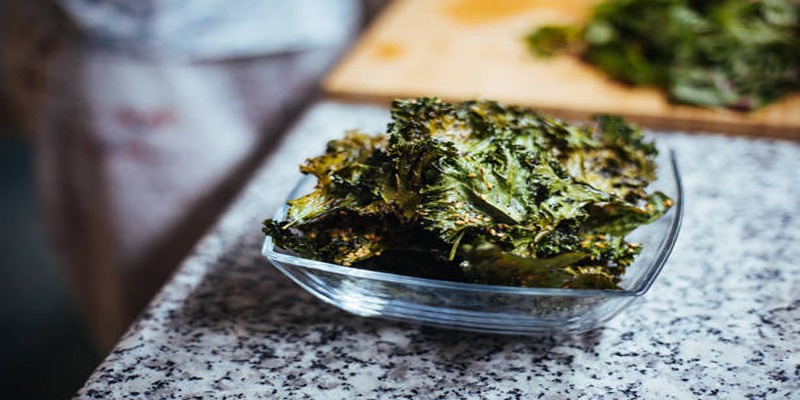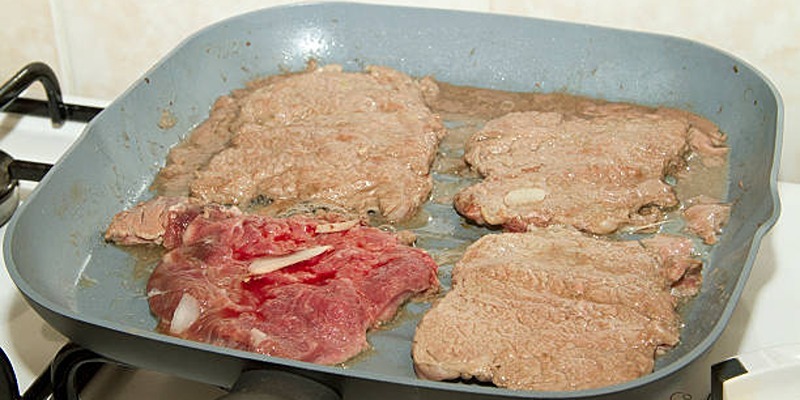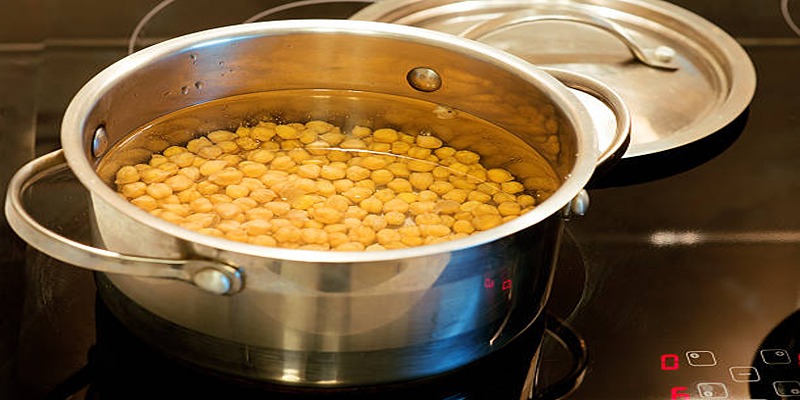Reusing cooking oil may seem like a convenient and cost-effective practice, but it can pose significant health risks and environmental hazards. This comprehensive guide explores the numerous reasons why reusing cooking oil can be detrimental. When oil is reused, it undergoes chemical changes that can lead to the formation of harmful compounds, including free radicals and trans fats, which have been linked to heart disease and cancer. Additionally, repeated heating of cooking oil reduces its nutritional value and can impart unpleasant tastes to your food. Beyond health concerns, improperly disposed cooking oil can harm the environment by polluting water sources and affecting marine life. Understanding these risks is crucial for making informed decisions about cooking practices and safeguarding your health.
Chemical Changes in Reused Cooking Oil:
Reheating cooking oil triggers several chemical changes that can degrade its quality and safety. Here are some of the key transformations:
1. Oxidation
High temperatures and exposure to oxygen cause the oxidation of cooking oil, leading to the formation of harmful free radicals and peroxides. This process is accelerated by repeated heating, such as in deep-frying, where oils are used multiple times. Not only does oxidized oil lose its nutritional value, but it also develops off-flavors and odors that adversely affect the taste of food. Over time, the consumption of these oxidized compounds can pose health risks, contributing to inflammation and other chronic conditions.
2. Hydrolysis
During cooking, water from food interacts with the oil, causing a chemical reaction known as hydrolysis. This reaction breaks down triglycerides, which are the main components of fats and oils, into free fatty acids and glycerol. The presence of free fatty acids lowers the oil's smoke point, which is the temperature at which the oil begins to produce smoke. This reduction in the smoke point increases the likelihood of harmful smoke production upon reheating the oil, potentially releasing toxic compounds that can be detrimental to health.
3. Polymerization
Repeated heating of cooking oil results in polymerization, a chemical process where oil molecules bond together to form larger, more complex compounds. During this process, the oil undergoes significant structural changes, leading to the formation of polymers. These polymers increase the oil's viscosity, resulting in sticky, viscous residues that are challenging to clean from cookware and kitchen surfaces. Moreover, the accumulation of these residues not only makes cleaning more difficult but also degrades the quality of future cooking sessions, potentially affecting the flavor and safety of the food prepared.
Health Risks of Reusing Cooking Oil:
Reusing cooking oil can lead to significant health risks due to chemical changes that occur during the process:
1. Formation of Toxic Compounds
One of the primary dangers of reusing cooking oil is the formation of toxic compounds like aldehydes and acrylamide. Aldehydes, produced during oxidation, are carcinogenic and contribute to various health issues, including heart disease and neurodegenerative disorders. The process of oxidation occurs when the oil is repeatedly heated and exposed to air, leading to the breakdown of fatty acids and the formation of these harmful substances. Acrylamide, which forms when starchy foods are fried at high temperatures, is also a potential carcinogen. This compound can form in a variety of commonly fried foods such as potatoes, bread, and certain cereals.
2. Increased Risk of Inflammation
Free radicals generated in reused oil can lead to oxidative stress, an imbalance between free radicals and antioxidants in the body. This condition can cause inflammation, which is linked to chronic diseases such as arthritis, diabetes, and cancer. When oil is reused, it undergoes chemical changes that increase the formation of these harmful free radicals. Over time, the accumulation of oxidative stress can damage cells and tissues, exacerbating health problems and potentially leading to more serious conditions. Therefore, it's crucial to minimize the consumption of foods cooked in reused oil to protect overall health.
3. Digestive Issues
Consuming food fried in reused oil can lead to various digestive issues, including bloating, indigestion, and nausea. When oil is reused, it undergoes chemical changes, forming breakdown products like free fatty acids. These substances can irritate the stomach lining, causing discomfort and potentially long-term digestive problems. Moreover, repeatedly heating oil can produce harmful compounds such as acrylamide, which not only impact digestive health but may also have broader implications for overall well-being. Therefore, it is crucial to be mindful of the quality of oil used in cooking to maintain good digestive and overall health.
Best Practices for Managing Used Cooking Oil:

To minimize the risks associated with reused cooking oil, it is essential to adhere to recommended practices for its management and disposal:
1. Limit Reuse
Avoid reusing cooking oil whenever possible, as it can degrade and become harmful over time. If reuse is necessary, restrict it to one or two instances to minimize the potential health risks. Always strain the oil to remove food particles, which can hasten its deterioration and contribute to the development of unhealthy compounds. Additionally, store the strained oil in a cool, dark place to help extend its usability.
2. Monitor Oil Quality
Consistently inspect the oil for changes in color, odor, and viscosity. Over time, oil can degrade and develop issues that impact performance and safety. Discard the oil if it appears dark, emits an unpleasant smell, or feels thick and sticky, as these signs indicate contamination or breakdown. Regular monitoring ensures that the oil remains effective and prolongs the lifespan of your equipment.
3. Store Properly
Store used cooking oil in a cool, dark place within a tightly sealed container to reduce exposure to light and oxygen, which can accelerate oxidation. This helps preserve the oil's quality, preventing it from turning rancid and extending its usability. Ensure the container is clean and dry before storing the oil to avoid any contamination that could further degrade its condition.
4. Opt for Oils with High Smoke Points
Choose oils with higher smoke points, such as avocado oil, peanut oil, or refined olive oil. These oils are more stable at high temperatures and less prone to degradation, making them ideal for frying, sauting, and other high-heat cooking methods. They help retain the nutritional value of your food while preventing the formation of harmful compounds that can occur when oils break down at high temperatures.
Recycling and Repurposing Cooking Oil:

Rather than reusing cooking oil in the kitchen, consider recycling or repurposing it for other applications:
1. Biodiesel Production
Used cooking oil can be converted into biodiesel, a renewable and cleaner-burning fuel alternative to petroleum-based diesel. This not only reduces waste but also lowers greenhouse gas emissions and dependence on fossil fuels.
2. Industrial Applications
Recycled cooking oil is utilized in various industrial processes, such as the production of soaps and detergents. These applications offer a sustainable way to repurpose used oil and mitigate its environmental impact.
3. Animal Feed
In some cases, used cooking oil can be processed and incorporated into animal feed. However, strict regulations and quality control measures are necessary to ensure that the oil is safe for animal consumption.
Conclusion:
Reusing cooking oil might appear cost-effective and sustainable, but it poses significant health risks due to chemical changes that occur when heated. Recognizing these risks and implementing best practices for oil management ensures your cooking remains safe and healthy. Prioritizing the use of fresh oil and practicing responsible disposal not only safeguards your well-being but also supports a more sustainable environment.







